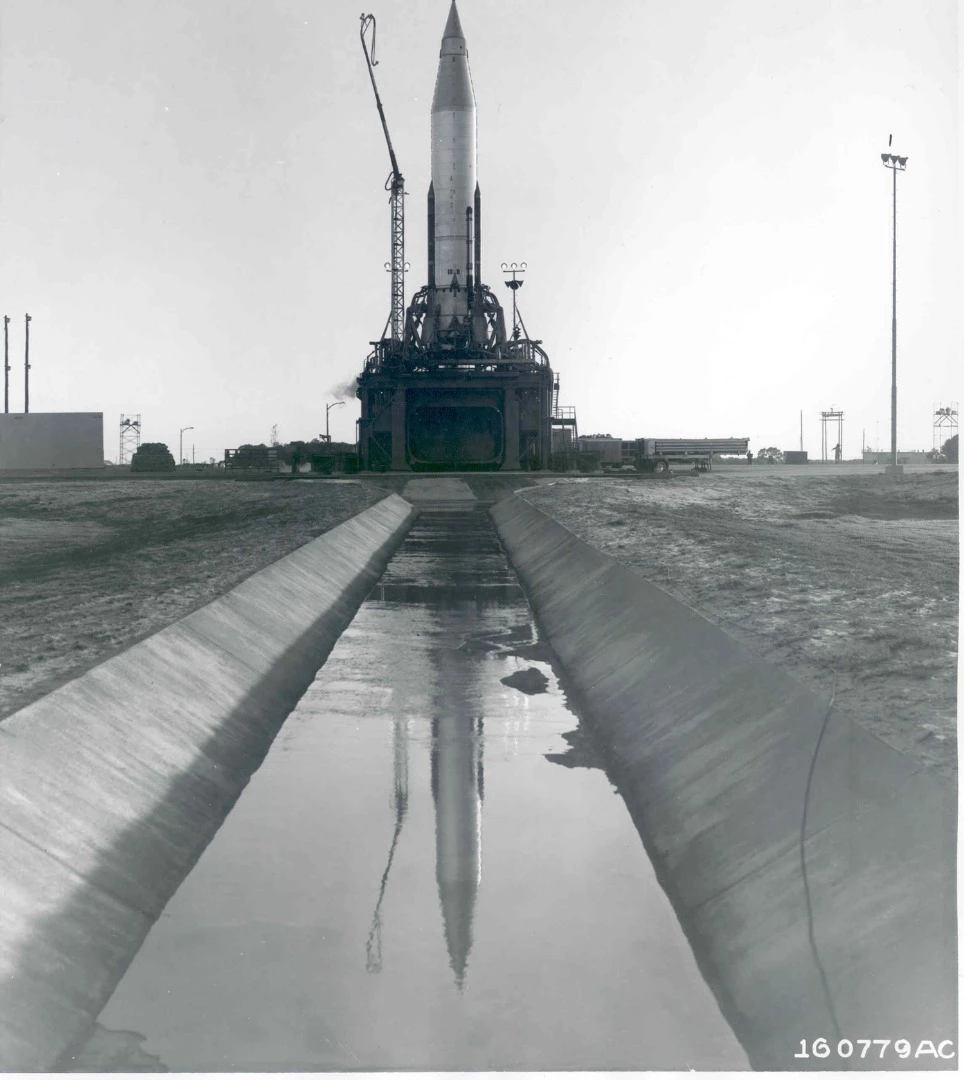December 19 marks the 60th anniversary of the first-ever voice transmission relayed from space. The Christmas address was given by then-president Dwight D. Eisenhower, via a top-secret satellite launched atop a converted Atlas intercontinental missile.
In the modern age, satellite technology and global communications are taken for granted, but up until the 1950s the only way to send a long-distance message was via radio or transatlantic cable. Eisenhower's Christmas message represented a great step forward for humanity, heralding the dawn of a new age of communication that would see the peoples of the world more connected than ever before.
Despite its great significance, very few people knew anything about the launch of the world's first communications satellite – the 150-lb (68-kg) Signal Communication by Orbiting Relay (SCORE), until the day of Eisenhower's address. As far as the public, media, and most military and government officials were concerned, the launch was simply another test of the failure prone Atlas B class of intercontinental missile.
SCORE had two objectives – to insert an Atlas ICBM into low-Earth orbit (LEO) for the first time, and to test the world's first communications satellite, which had been developed under strict secrecy by the US Signal Research and Development Laboratory in Fort Monmouth, New Jersey.
The first communications satellite was very different from its modern-day brethren. For one, it was built directly into the fairing of the Atlas B rocket. After launch, the entire structure would be lofted up and remain in LEO until its orbit degraded.
Four ground stations located in Arizona, California, Georgia and Texas would attempt to communicate with the satellite, each having the ability to play a stored message or record a new one, or even relay live messages between stations.
If the mission succeeded it would be a national triumph, standing as testament to America's technological prowess, and placing the country on a comparable footing with the heavy launchers used by the Russians to launch their Sputnik satellites.
If it proved to be a failure, the entire project could have remained hidden from the world. According to NASA, only 88 people knew of the project during its construction. Of these, 53 were told that the mission had been cancelled, leaving only 35 who knew the true importance of the launch.
On December 17, 1958, the Atlas B rocket lifted off, and soon after appeared to veer off course, prompting range personnel to issue a command to terminate the ICBM. However, the officer in charge was one of the few left in the loop, and so ignored the call, and allowed the Atlas B to roar farther into the sky above Cape Canaveral.
The orbital insertion was a success, but when a ground station commanded the primary communications system to broadcast President Eisenhower's address, which had been sent and successfully stored in the satellite's memory, nothing happened.
But finally, on the probe's 13th orbit, a ground station sent the command to the backup system, and probe responded with the first voice beamed from space to Earth.
Here, 60 years later, is a transcript of President Eisenhower's historic address –
"This is the President of the United States speaking. Through the marvels of scientific advance, my voice is coming to you from a satellite circling in outer space. My message is a simple one. Through this unique means, I convey to you and to all mankind, America's wish for peace on earth and good will towards men everywhere."
The message could have been heard by anyone with a shortwave radio, and was later re-broadcast to the masses. A total of 78 messages, both live and recorded, were sent between the ground stations by SCORE over the course of its mission.
A mere 12 days after its launch, with its batteries drained, the satellite fell silent. Finally, on January 21, 1959, it re-entered the atmosphere, burning up in the process.
President Eisenhower's recorded address is available for listening on the Library of Congress.
Source: Library of Congress




